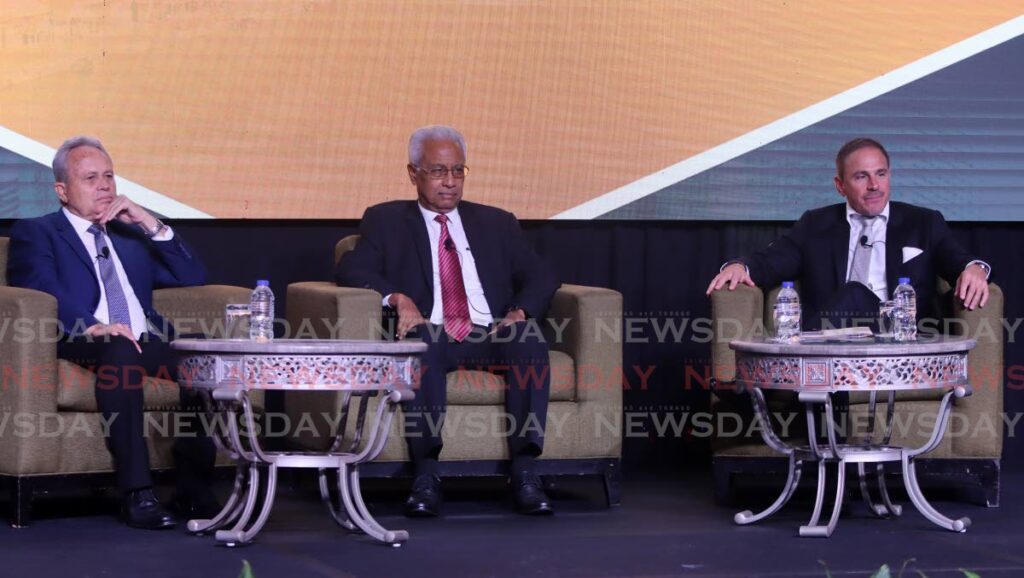Strong words need swift action

IN A SITUATION in which business groups have different interests, the near-universal acclaim for Colm Imbert’s relatively aggressive stance on foreign-exchange supply underscores the pressing need for this issue to be addressed if businesses are to grow.
Not only did the Finance Minister accede to recommendations by bodies such as the TT Chamber of Industry and Commerce (TTCIC) for new arrangements to be put in place to allow preferential access for small and medium enterprises, but, unusually when it comes to setting out government policy, Imbert also set a specific timeframe for implementation.
“I expect to be able to implement this new SME forex facility within the next six months,” he said. “Which should reduce the demand for sales of foreign exchange using credit cards.”
Such a measure cannot come soon enough.
Much will depend on the qualifying conditions that will have to be satisfied, of course. But the Government’s efforts will not end there.
Imbert also suggested he would “move aggressively” to develop strategies to increase the repatriation of foreign exchange earned overseas by local and foreign businesses operating in TT, as this is possibly key to an increased local supply.
This is an interesting idea. In today’s globalised world, there are undoubtedly more and more people earning foreign exchange through the provision of goods and services while based here.
But of course, it needs to be seen exactly how much is being earned. There is also the matter of getting people to repatriate funds in a situation where there is already perceived to be a problem with supply.
The TTCIC, the TT Manufacturers Association (TTMA) and the TT Coalition of Services Industries (TTCSI) have nonetheless welcomed the Government’s plans, with the TTMA in particular urging Imbert to stick to his swift timeline. This is a call we endorse.
Implementation, as in so many areas of governance, is often the stumbling block.
For example, much will also hinge on the plan to finally begin collecting residential property tax.
“Implementing an effective property tax system will require careful planning and execution to ensure fairness and compliance,” the TTMA observed. While the Government is focusing on residential taxes first, how this is rolled out will have implications for what may occur in relation to other property types.
The TTCSI has also pointed to the need for more measures to boost the service sector, particularly as the Government pointed to the role of the non-energy sector in pushing the economy.
A key area where stakeholders voiced concerns heading into the budget was crime. In principle, the Cabinet has not closed the door to some specific recommendations, such as relating to incentives to get more people to report wrongdoing. Meanwhile, the TTCIC has welcomed the increase in police manpower.
“However, we reiterate the need for collaboration with other stakeholders inclusive of private sector and civil society organisations,” the group said.
With bipartisan parliamentary crime talks pending, all will be hoping to see more aggressive policies on crime reduction in the weeks to come.

Comments
"Strong words need swift action"